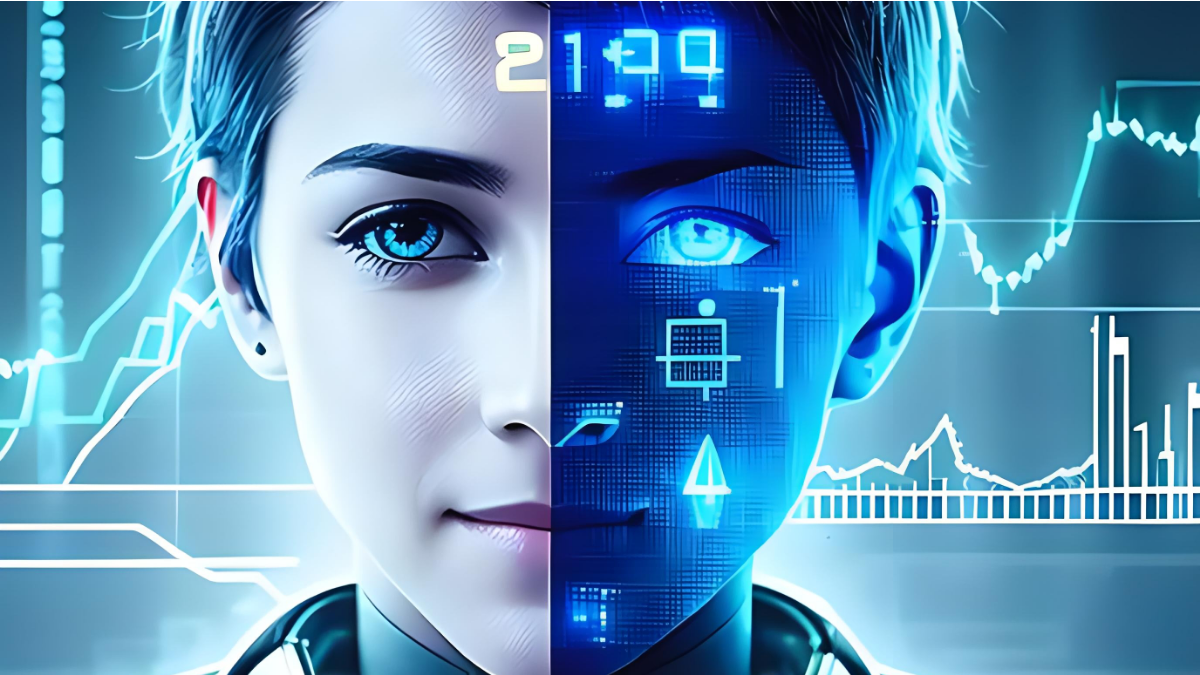
General artificial intelligence (GAI) , also known as artificial general intelligence (AGI, Artificial General Intelligence), refers to an AI system that can perform any human intelligent activity. Compared with specialized artificial intelligence (ANI), GAI has cross-domain cognitive capabilities and can handle various tasks like humans, understand complex situations, reason, learn and solve problems.
Broad task capabilities : GAI is capable of performing a variety of tasks and is not limited to a specific domain. It can understand language, solve mathematical problems, think creatively, and even interact socially like humans.
Self-learning and adaptation : General artificial intelligence can not only learn from experience, but also adjust strategies according to different situations and adapt to new environments and tasks.
Cross-domain knowledge application : GAI can apply knowledge learned from one field to another, with interdisciplinary and cross-domain reasoning and learning capabilities.
Ability to think abstractly : GAI is able to think abstractly, solve complex and unknown problems, and handle various fuzzy and uncertain information.
Goal : The ultimate goal of GAI is to build a system with human-like intelligence that can handle various tasks like humans, with emotions, consciousness and self-awareness.
challenge :
Technical complexity : GAI needs to combine multiple intelligent capabilities, such as perception, reasoning, learning, planning, etc., which poses a huge challenge to existing technologies.
Ethical and safety issues : The development of GAI may trigger a series of ethical, social and safety issues. For example, if GAI can surpass human intelligence, how to ensure that its behavior is consistent with human values and interests?
Computing resources and energy efficiency : GAI requires huge computing power and efficient algorithms to simulate human cognitive processes. Current hardware and algorithms are still difficult to support such a complex system.
Currently, GAI is still in the research stage and has not yet been implemented. Existing AI systems, such as voice assistants, recommendation systems, autonomous driving, etc., are still specialized artificial intelligence (ANI) , focusing on solving specific tasks. The research goal of GAI is to imitate human general intelligence. Although it may not be fully realized in the short term, with the advancement of technology, the prototype of GAI may gradually emerge.
Future GAI is likely to have a significant impact in the following areas:
Automation : Ability to handle a wider range of work tasks, even beyond traditional machine automation, to increase productivity.
Education : Provide personalized learning programs to help students learn according to their abilities and interests.
Medical : Provide a full range of diagnosis and treatment suggestions, and even conduct cross-field research and innovation.
General artificial intelligence (GAI) is one of the ultimate goals of artificial intelligence research, aiming to create intelligent systems that can perform any task and have the ability to learn and adapt on their own, similar to human intelligence. Despite facing technical and ethical challenges, the development of GAI will have the potential to significantly change all walks of life and bring unprecedented innovation and change to society.